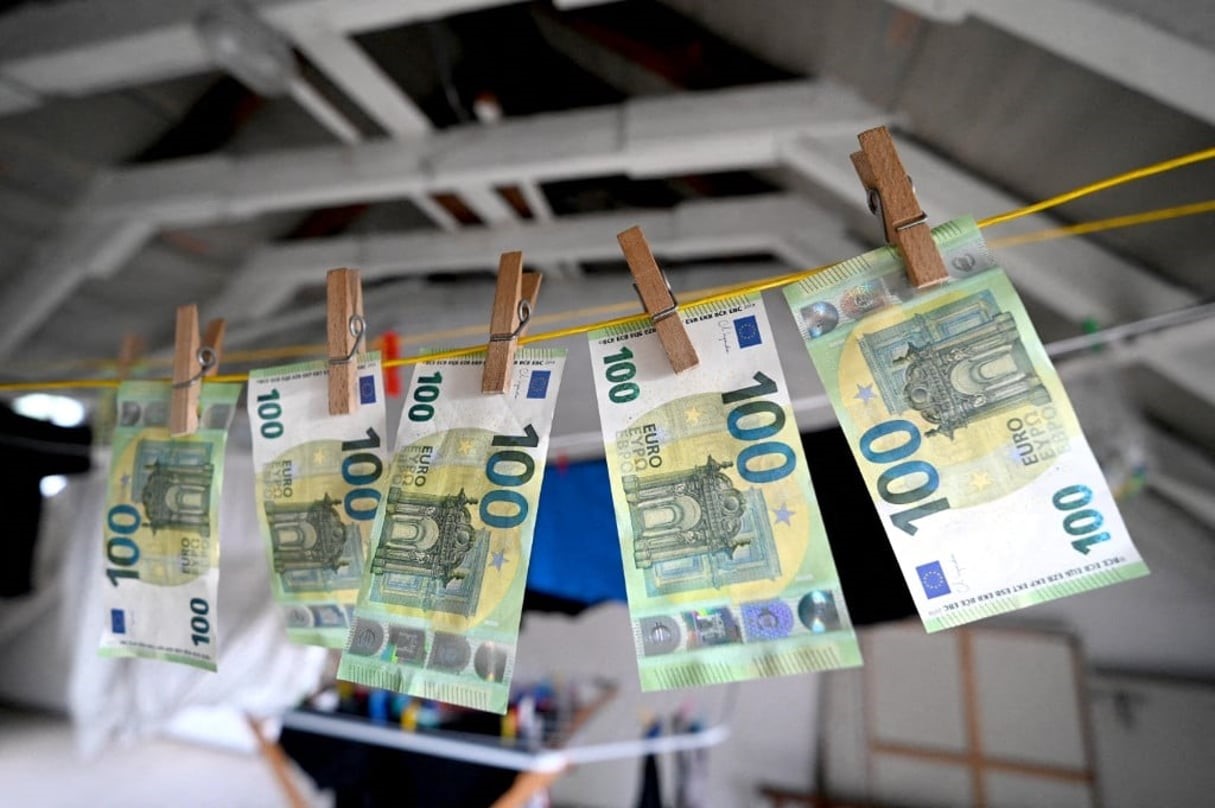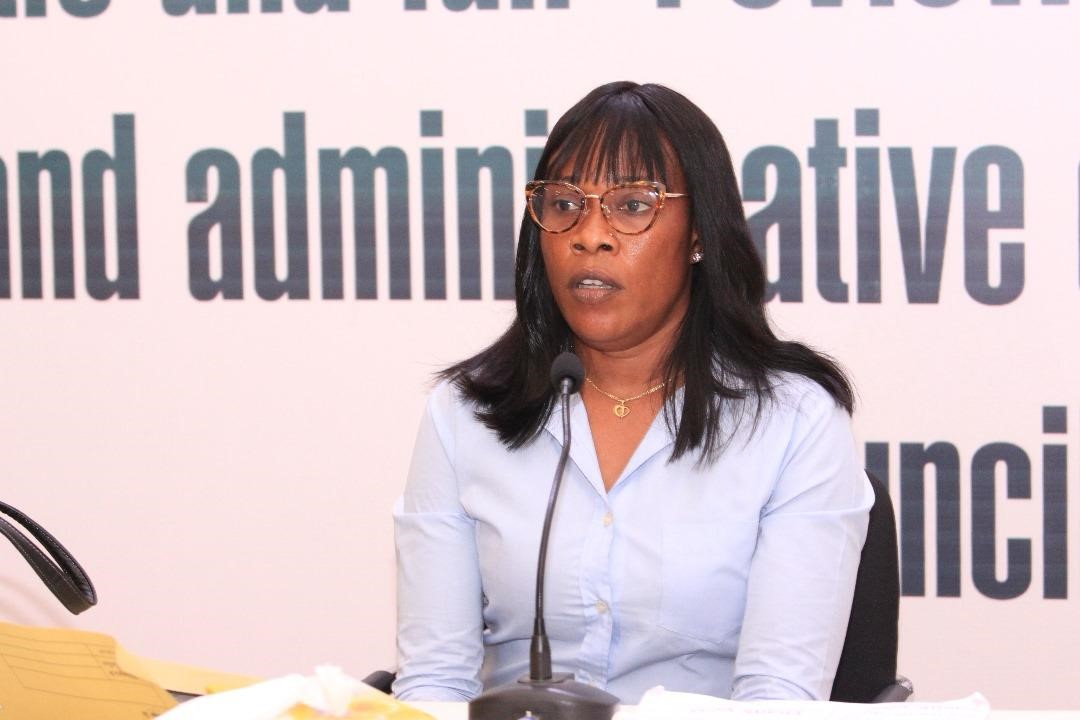The European Union announced this week added Algeria to its list of high-risk nations requiring increased monitoring for anti-money laundering and and counter-terrorism financing (AML/CFT. In this list, the European Commission also added other African countries (Angola, Côte d’Ivoire, Kenya) to this black list.
In an official statement, the Commission estimated that the newly listed countries exhibit strategic deficiencies in their anti-money laundering and counter-terrorism financing (AML/CFT) regimes, thus requiring increased oversight.
Meanwhile, several countries, including Senegal and Uganda were removed from the list following significant improvements recognized by the Financial Action Task Force (FATF).According to a financial expert, the addition of Algeria to this list confirms allegations that the country serves as a hub for illicit funds coming from or going to the Sahel, where jihadist groups (AQIM, JNIM) operate. Furthermore, the parallel economy (smuggling of hydrocarbons, trafficking of goods) is reportedly used to recycle funds related to terrorism. The Algerian economy was already experiencing a difficult period, marked by high inflation and a contested internal financing strategy. This fragile economic and political environment has heightened Algeria’s vulnerability to financial instability, making EU sanctions particularly impactful.
In contrast to Algeria, Senegal has been able to reform its National Financial Information Processing Unit (CENTIF) and strengthen international judicial cooperation, notably with the EU. Senegal had already exited the FATF’s “grey list” in 2024, demonstrating its compliance with international standards. Its removal from this list, however, shows that strong political will can reverse the trend.





